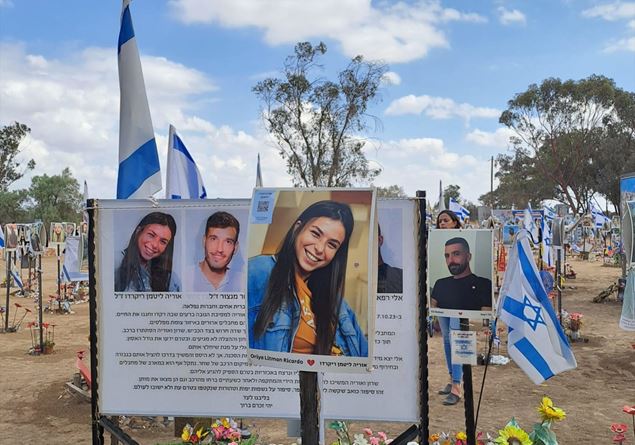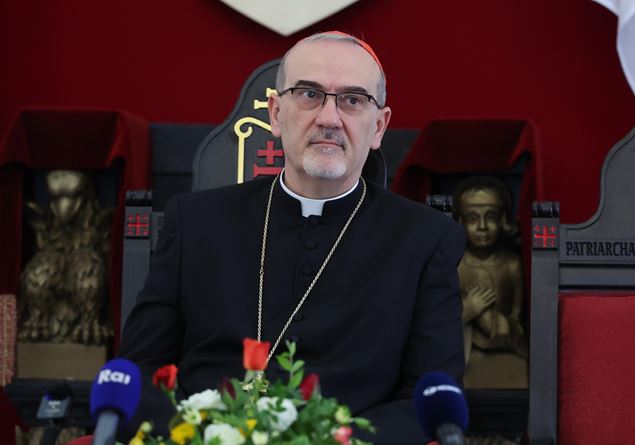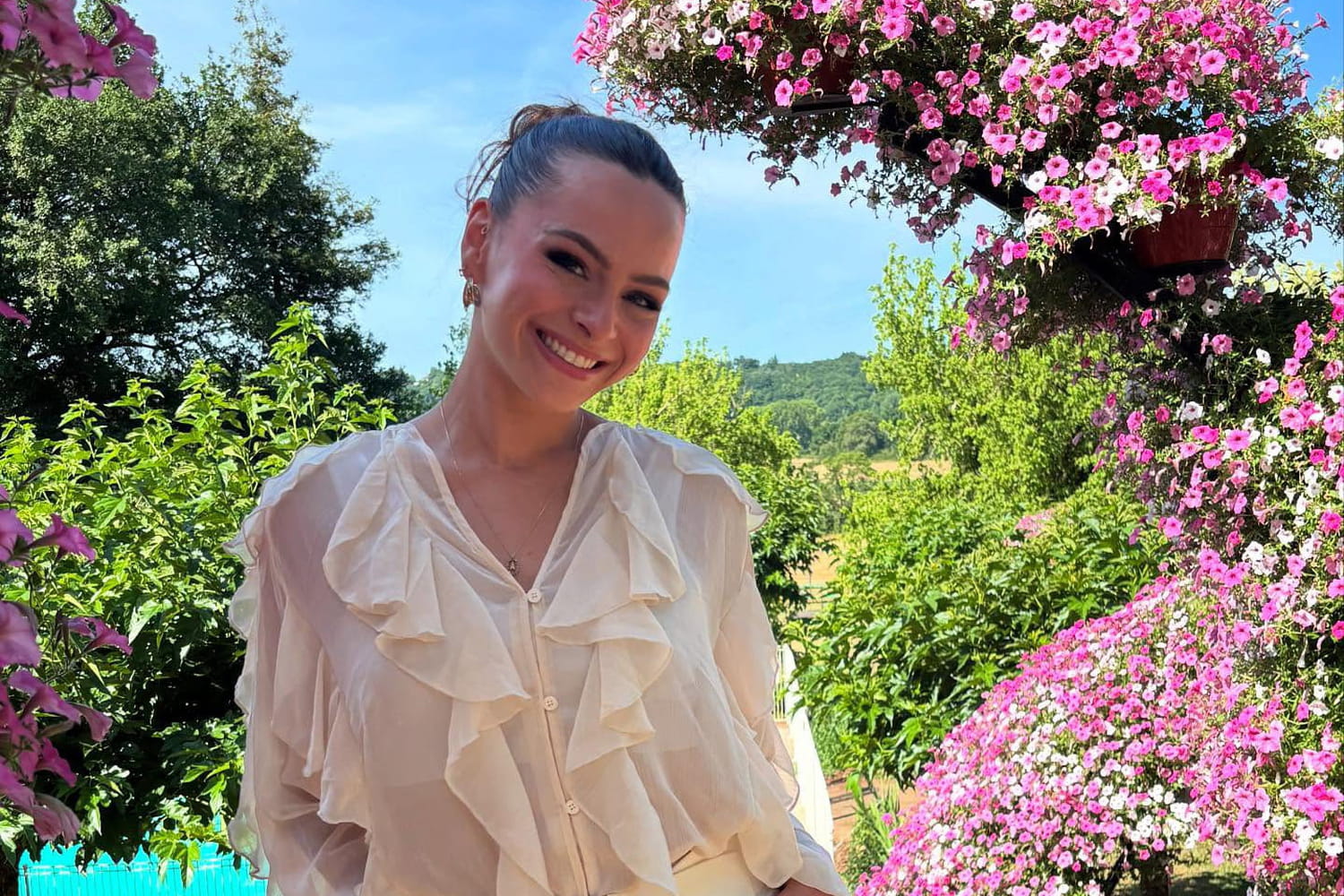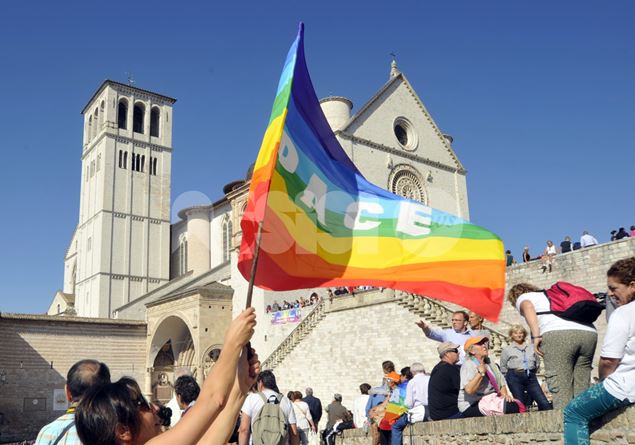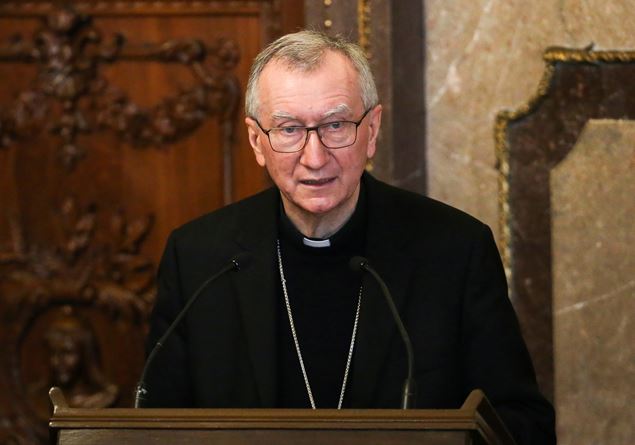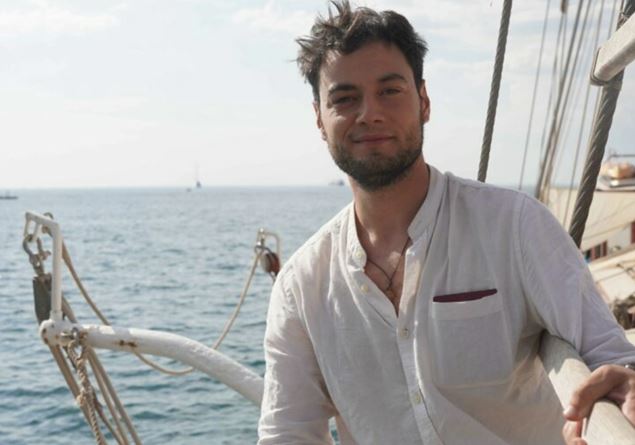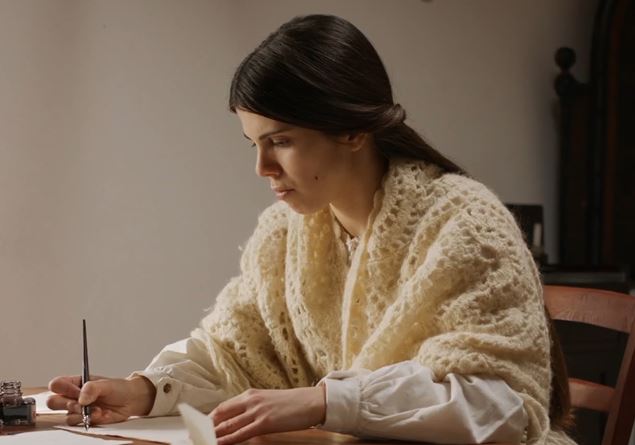The Latin Patriarch of Jerusalem, Cardinal Pierbattista Pizzaballa, addressed a long and heartfelt message to the diocese, on the occasion of the feast of the Queen of Palestine, patron of the Church of the Holy Land. His words come as, for the first time after two years of war, the prospect of a truce between Israel and Hamas appears. “What happened in Gaza is now sadly known to everyone”, writes the Patriarch. «Continuous massacres of civilians, hunger, displacement, difficulty in accessing hospitals and medical care». However, in recent weeks «the news finally speaks of a possible new positive page, of the release of the Israeli hostages, of some Palestinian prisoners and of the cessation of the bombings». An “important and long-awaited” step, even if “nothing is yet completely clear and defined” and “we must have no illusions”.
Pizzaballa invites us to share the joy of the families who will be able to embrace their loved ones again, but warns: “The cessation of hostilities is only the first step – necessary and indispensable – of a treacherous path.” Furthermore, he does not forget “the situation that continues to deteriorate in the West Bank”, where small villages “are increasingly surrounded and suffocated by settler attacks, without sufficient defense from the security authorities”. The Patriarch offers no political analysis. His gaze is spiritual, rooted in the Gospel. «The world is already full of words that rarely change reality. We are interested in a vision that helps us remain firm in the faith.” The war, he writes, has devastated not only the territory but also “the human soul of many”. Anger, resentment, hatred and contempt “pollute our hearts”, and the risk is that of getting used to suffering. “But it doesn’t have to be this way: every life lost, every hunger endured remains a scandal in the eyes of God.”
Pizzaballa denounces “the logic of force” that dominates the politics and culture of our time. «Only with force can peace be imposed, it was repeated. But it doesn’t seem like history has taught us much.” Yet, in the tragedy of Gaza, “we also witnessed the indignant reaction of civil society against this arrogant logic of power.” Faith itself, the Patriarch admits, is put to the test: “Sometimes we perceive the distance between the harshness of events and the life of prayer.” But the only possible response, he says, is to “keep your gaze fixed on Jesus”. Only in this way can we “put order within ourselves and look at reality with different eyes”.
As a Christian community, Pizzaballa writes, “we want to collect the tears of those who have lost their homes, jobs and lives”. And he reiterates that “the reckoning does not belong to us”. Christ’s wounds “are not an incitement to revenge, but the ability to suffer for love”. The Patriarch’s message is an invitation to stay, despite everything: “Our decision to stay, when everything asks us to leave, is not a challenge but a stay in love”. Even if the war were to end, «its root causes remain to be addressed. The end of the war does not necessarily mark the beginning of peace, but it is the first step towards building it.”
The conclusion of the message is a prayer. “The empty tomb of Christ assures us that the pain will not be forever,” writes Pizzaballa. “We want to continue to seek ways of justice, of truth, of reconciliation, of forgiveness.” And it invites all the communities of the Patriarchate to join, on 11 October, the day of fasting and prayer for peace announced by Pope Leo XIV. «When everything seems to want to divide us», concludes the Patriarch, «we express our trust in the community, in dialogue, in meeting, in the solidarity that matures in charity. Evil and death, although so powerful, cannot eliminate the desire for good that survives in everyone’s heart.”
